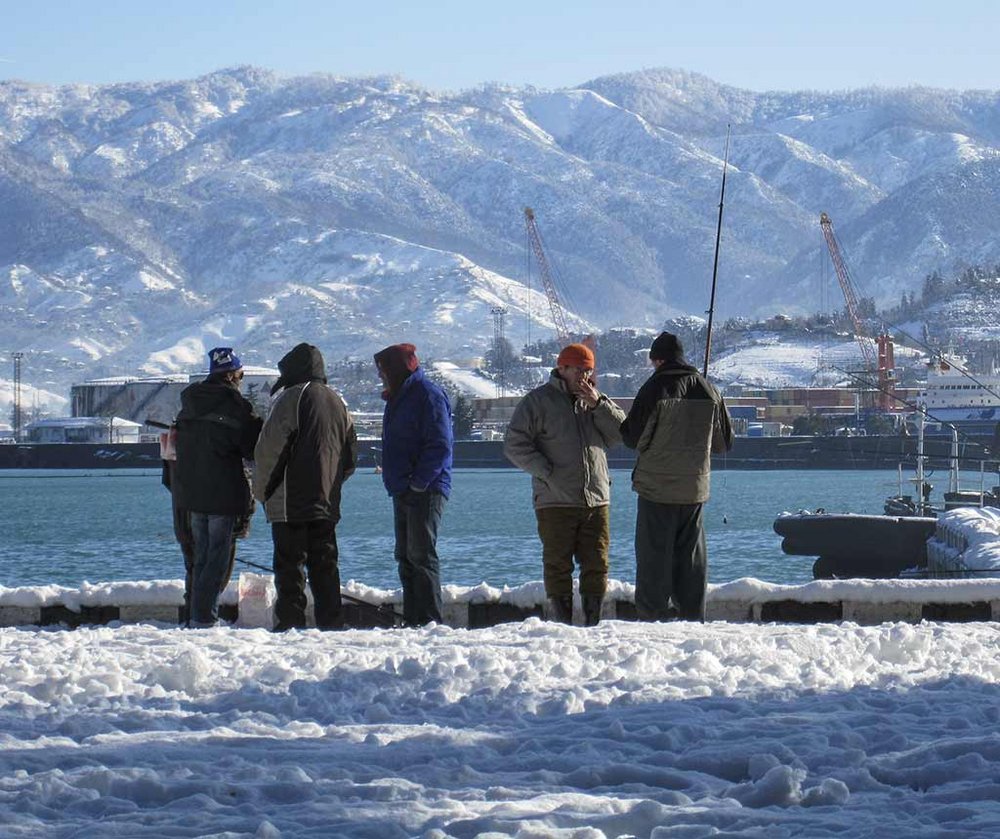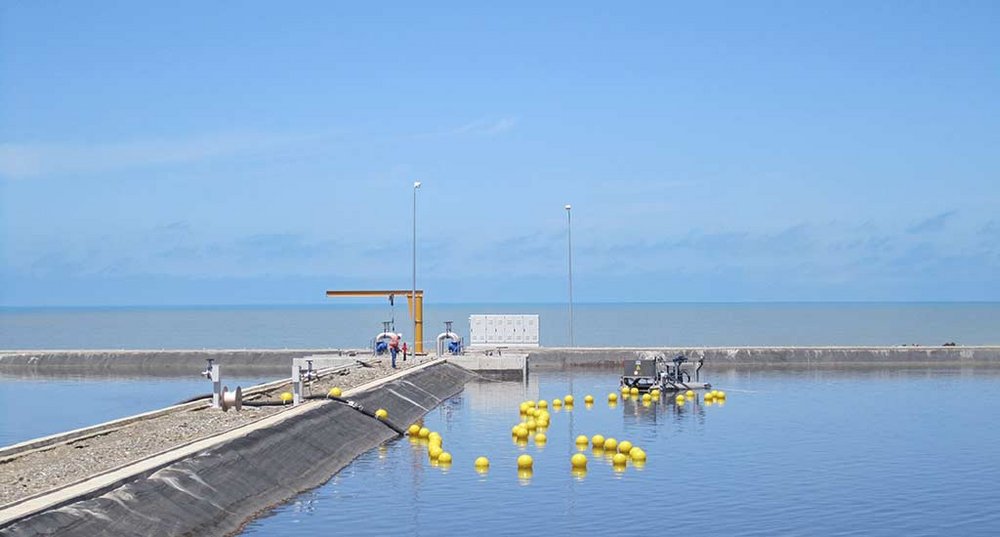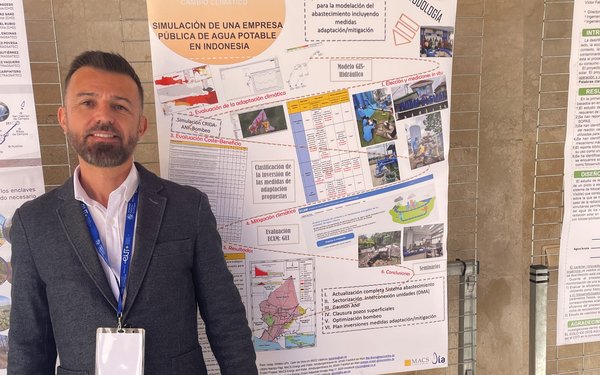The Hydraulic Expert, Mr Josep Pons presented the Project Process and the developed hydraulic Model for PDAM Sleman at the 7th Jornadas de Ingeniería del Agua, also known as JIA 2023, at the Polytechnic University of Cartagena, Spain.
In Collaboration with Experts On-Site and our Climate Risk Expert Dr. Evadzi, the Utilization of the ECAM Tool and the Simulation of CRIDA-NRW-Pumping efficiency, the climate resilience and mitigation capabilities of the selected utility were assessed and the team could identify areas of improvement and propose targeted interventions. Based on this comprehensive approach the study developed strategies to enhance the utility's ability to withstand climate-related challenges.
Despite the initial level of the study, the approach caught some attention at the Summit and promises further development in the future.


